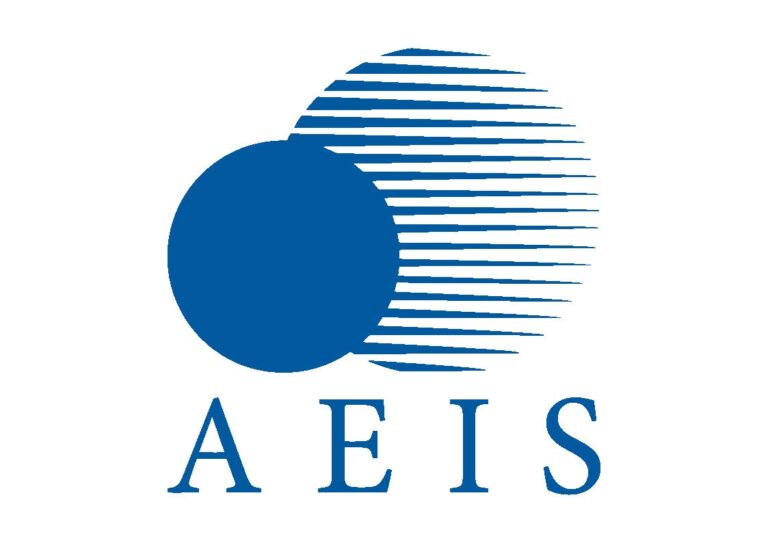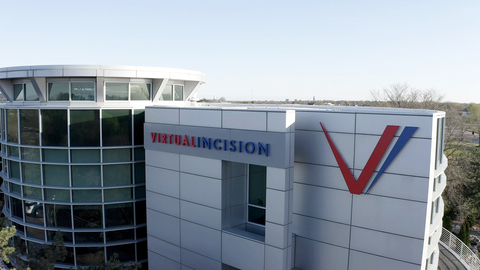Virtual Incision Corporation has secured an additional $30 million in funding to extend its Series C round, bringing the total raised in this round to $76 million. The company is known for developing the world’s first miniaturized robotic-assisted surgery (RAS) system, and this funding will further support its mission to revolutionize the medical technology landscape.
The Series C extension was led by a consortium of investors, including Bluestem Capital, Endeavour Vision, Baird Capital, cultivate(MD) Capital Funds, and PrairieGold Venture Partners, all of whom were existing investors in Virtual Incision. Joining this group are new health-tech investors, Arboretum Ventures and InVivium Capital, signaling a growing interest in the company’s innovative approach to surgical robotics.
In conjunction with this funding extension, Virtual Incision has welcomed two distinguished members to its board of directors. Dr. Tom Shehab, managing partner at Arboretum Ventures, has been appointed as a board member, while Amy Kobe, general partner at InVivium Capital, will serve as a board observer.
John Murphy, President, and CEO of Virtual Incision, expressed gratitude for the continued support from both existing and new investors, stating, “This financing, particularly in the current fundraising environment, is a significant affirmation of the promise Virtual Incision offers to both patients and shareholders.”
The $30 million funding infusion will provide substantial support for Virtual Incision’s operations, enabling the company to pursue its vision of miniaturized RAS (miniRAS) technology. MiniRAS seeks to provide the capabilities of traditional RAS systems in a compact form factor that can easily fit within a surgical tray. This innovation holds the potential to expand the reach of RAS technology to millions of patients who currently lack access to it.
Virtual Incision has achieved noteworthy milestones towards the commercial readiness of the MIRA Surgical System, including the completion of an Investigational Device Exemption (IDE) clinical study for bowel resection. The company has also announced that its De Novo request is currently under substantive review by the U.S. Food and Drug Administration (FDA). If granted marketing authorization, Virtual Incision plans to initiate a limited launch of MIRA in select U.S. centers.
The company’s primary focus is to enhance patient access to RAS technology, particularly for routine and high-volume procedures commonly performed in outpatient and ambulatory surgery centers. To further this mission, Virtual Incision has scheduled a gynecologic clinical study for 2024. Additionally, the company will continue to develop a smaller version of its minibot to facilitate a wider range of general surgery applications, with a first-in-human clinical study expected next year.
In the immediate future, Virtual Incision will support a collaboration between NASA and the University of Nebraska-Lincoln aimed at enabling telesurgery in space. A modified version of the MIRA system will be deployed aboard the International Space Station to perform simulated surgical tasks, leveraging its miniaturized RAS capabilities.
Dr. Tom Shehab of Arboretum Ventures expressed enthusiasm for the company’s prospects, saying, “Virtual Incision’s long-standing investor support is a signal of the company’s commitment to doing just that. The company’s recent milestones demonstrate that the momentum of miniRAS is only going to continue to build, and we’re excited to be on board.”










